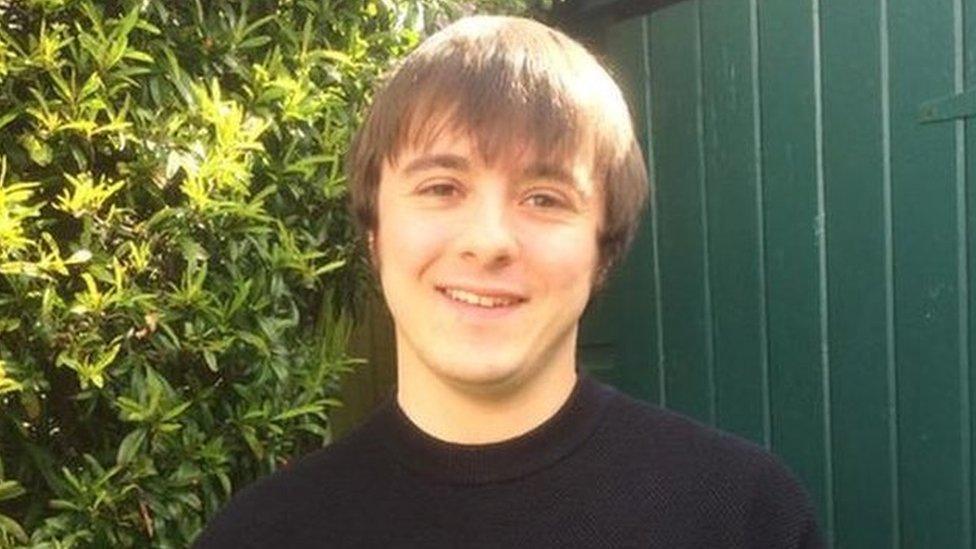'I felt there was no support out there for me'
- Published
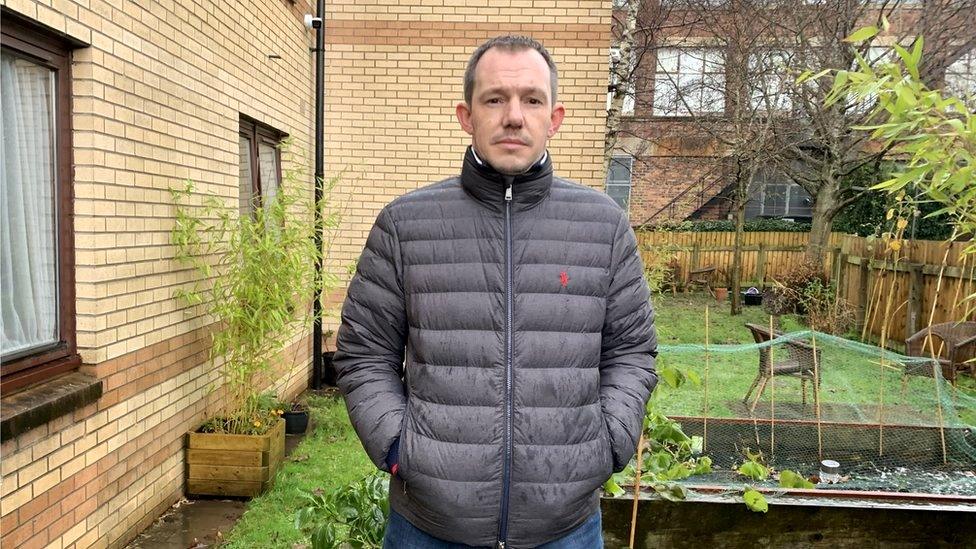
Stuart says he was at the lowest point in his life
Stuart has had an "active addiction" to drugs for more than half his life but he went into treatment for the first time last year.
The 36-year-old, who has been using heroin, crack and alcohol excessively since he was 17, says he was eight months clean but relapsed after the Covid lockdown started in March.
Stuart, from Midlothian, says loneliness and a lack of a support network were big factors in his return to drugs.
Before the pandemic he had attended meetings and recovery cafes but they were closed because of restrictions on close contact.
"When I got a bit of mental pain and discomfort, my only option, I felt at the time, was to use," he says.
He adds that he found himself "stuck" in the community among people who were using drink and drugs.
"I was miserable and I was at the lowest I've ever felt in my life," he says.
"I didn't think that was possible because I went into the treatment centre last year completely broken, and believed that I was done, but then I ended up in that much pain in the lockdown that I dealt with it through using because there wasn't any other support available."
Stuart recognised his problems and says he thought to himself: "If I can't get help by being offered treatment in a rehab centre soon, I'm going to have to think about making plans to end my life."
He wanted to go back into the treatment centre he had been to before but the waiting list was two years.
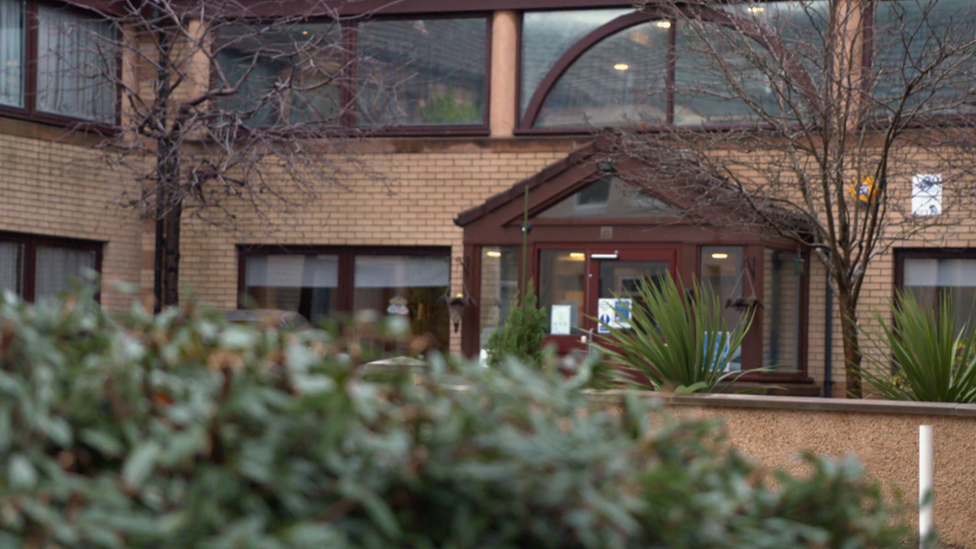
Phoenix Futures is an abstinence-based rehab programme in Glasgow
Instead he got a referral to Phoenix Futures, an abstinence-based rehab programme in Glasgow.
"I didn't want to come here, but it was need over want," he says. "I came here just to get out of the community, off the streets and to be safe."
His previous rehab had been a 12-step treatment centre, a different method to the therapeutic model at Phoenix.
Manager David says it is an abstinence-based programme and it designed to be a community, where residents help each other towards recovery.
He says: "We don't have any gardening staff, cleaning staff, kitchen staff - it's the community members that run this place."
Stuart says that at first it felt slower than the previous treatment and was not as strong in challenging people's behaviour.
He says he went in with the intention to detox and go home but as time went on he felt the treatment was working for him.
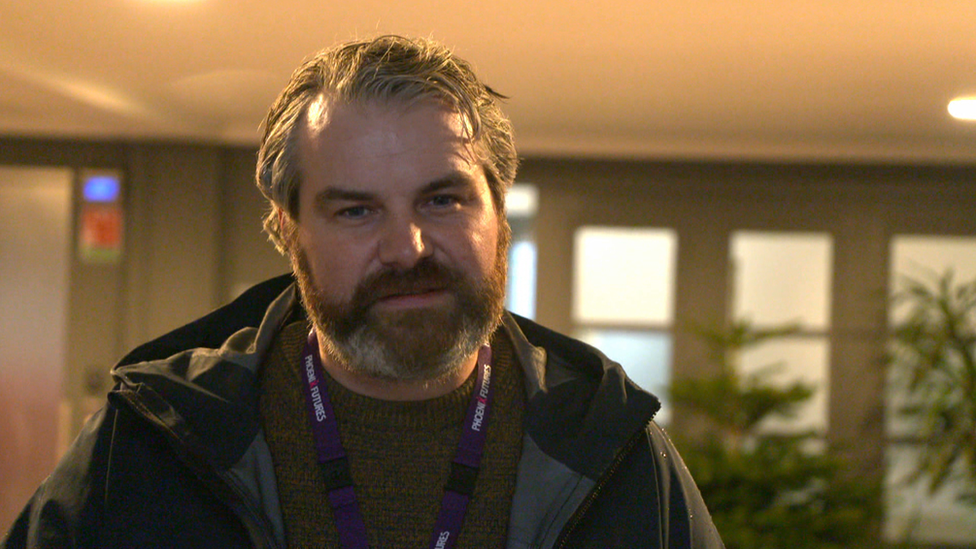
David, the manager at Phoenix Futures, says it is a therapeutic model of recovery
Stuart says that when he first came back to treatment he had felt "very resentful" towards himself and thought he was a failure.
"I felt like I'd messed up really badly. It felt like I'd ruined my life," he says.
"But I realised that coming back to treatment, it's not failure, it's refusal to be beaten and defeated and resign myself to a life in active addiction.
"Coming back is being proactive and trying to better myself and better my life."
Phoenix is a charity but funding for the six-month treatment comes from Stuart's local authority.
Stuart says it is going so well that he has been given "house manager" responsibilities.
"It didn't come without having to work on myself first, a lot of behaviours and negative attitudes and stuff like that," he says.
"I get to support everyone within the community, and I get the support back in return, so it's great."
The next step for Stuart is supported housing, where he should still be able to get access to aftercare services.
His advice to people in need of help is to ask.
He says: "I don't think it's quite advertised enough for people about what help is available - and if you just walk off the street and ask, you will get the help that you need."
Related topics
- Published15 December 2020
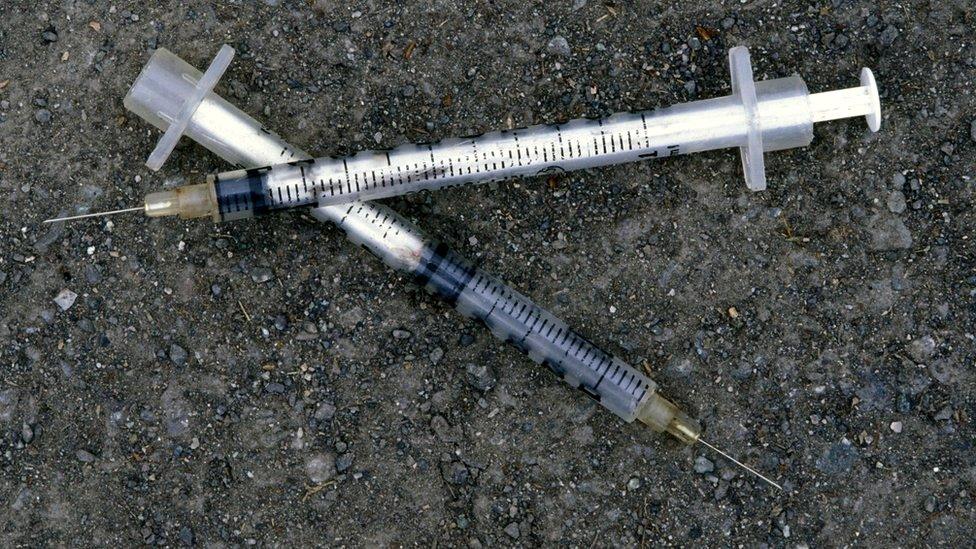
- Published15 December 2020
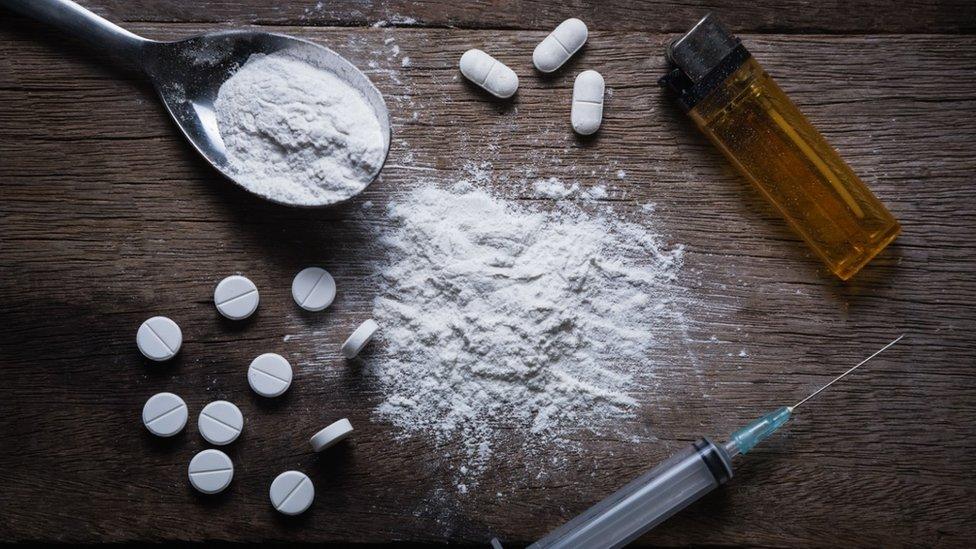
- Published30 July 2021
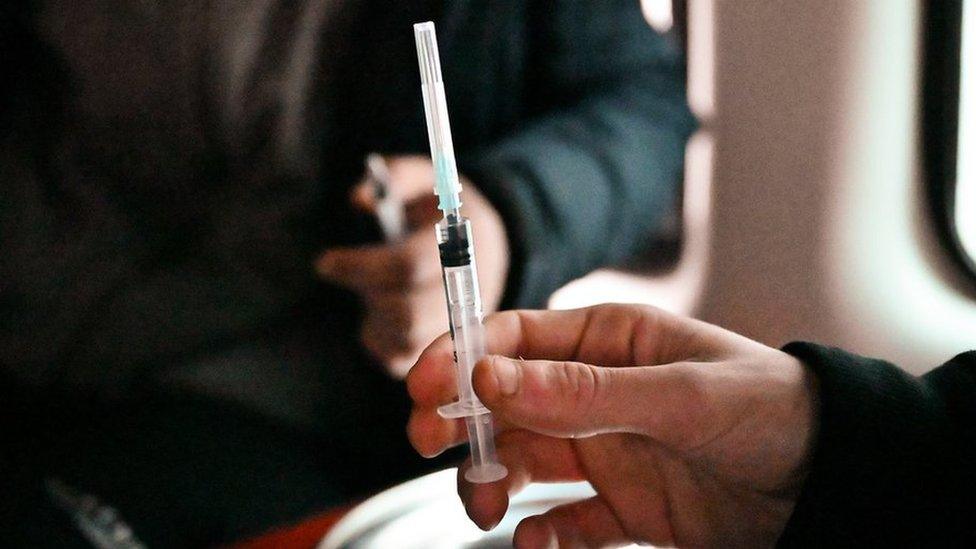
- Published5 April 2020
